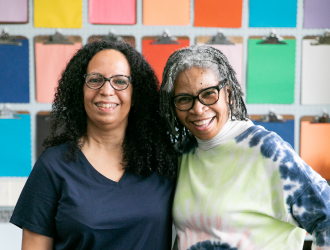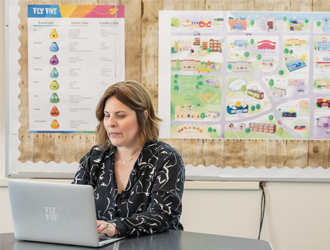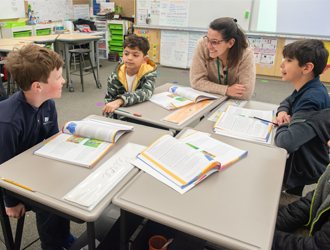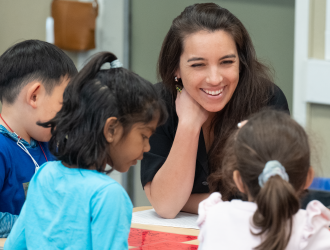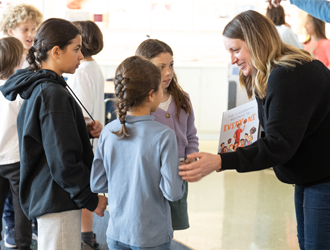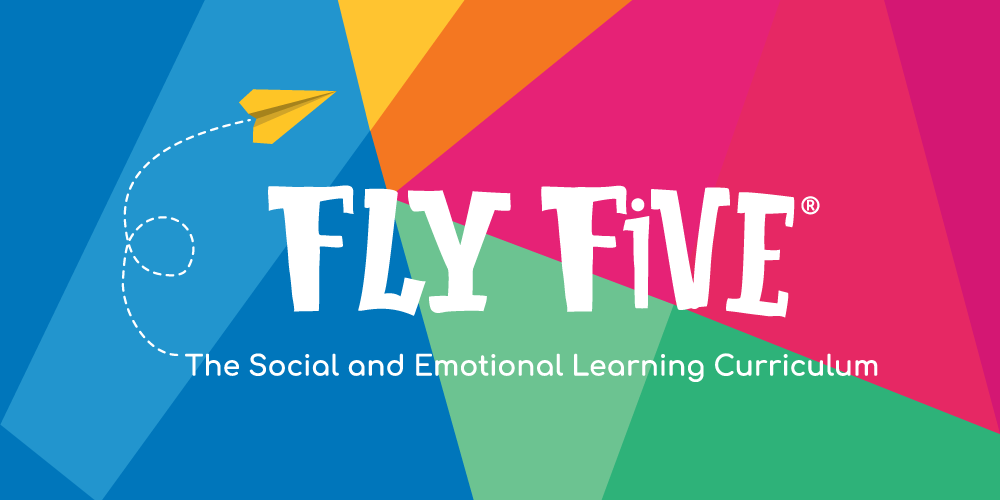How to Build Stronger Teams: Fostering Teamwork in the Classroom
We cannot always accomplish everything on our own. Sometimes, we need the support and collaboration of a team in order to get the outcome that we need. Being a part of a team takes a certain set of skills—skills that we can help to foster in and out of the classroom—to benefit students’ success in academics and beyond.
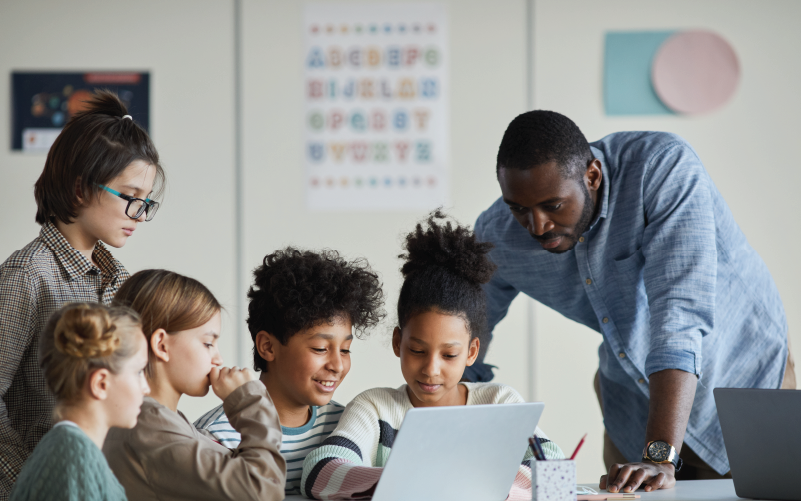
We all face challenges that require collaboration with others to resolve. Being an effective member of a team requires flexibility and strong cooperation skills and can result in solutions that are more innovative, creative, and practical than solutions created by an individual. As students explore the concept of being a team player, they begin to understand what it means—and why it’s so important—for everyone to work together.
Having the skills needed to work on a team is essential for effective collaboration with others. All students need to engage in learning that helps them to become team players, such as practicing and modeling effective communication, building and maintaining trust, providing leadership, and managing conflict. These skills not only set students up for success when working with others in and out of the classroom but also serve as an important prerequisite for academic learning (Johnson et al., 1994).
Learning to Work Together
There are many instances in which students have the opportunity to work on a team. In the classroom, students may need to work in teams to complete a group project or task. Outside of an academic setting, students may play sports or be a part of a club that requires collaboration. In these instances, students are encouraged to practice setting aside personal feelings or individual challenges in order to meet the needs of the group and see from multiple perspectives. They also must explore how to best contribute their skills and strengths to their role.
When students learn how to interact positively outside of the classroom, like at recess or in the cafeteria lunch line, it affects how they approach their work inside the classroom as well. Learning how to work together to achieve a common goal allows students to learn from one another and build positive relationships and learning environments. This can look like finishing a group assignment by the due date or coming up with a solution to a problem as a class. This teaches students important lifelong skills such as communication, cooperation, and problem-solving.
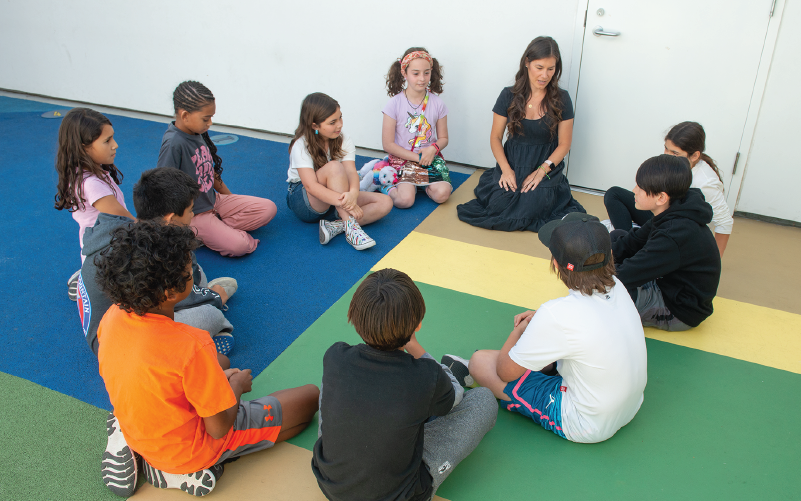
Teamwork in the Classroom
Educators play an important role when it comes to fostering teamwork skills in the classroom. Consider the following ways to build positive teamwork skills in your classroom:
- Mix up teams. Students will often choose to work with their friends or those that they are already familiar with. By choosing the groups, you can ensure that students have the opportunity to work with new peers and navigate new challenges.
- Assign roles. Establish the different roles that each team will need to carry out the work so that each team member is clear on their own responsibilities.
- Play games. Utilize developmentally appropriate games and activities that allow students to work in teams in a fun, engaging environment.
Educators also can help students develop strong team player characteristics by minimizing competition among group members and emphasizing effort-based goals over performance goals (Buchs & Butera, 2015). By developing these important skills early on, students will be set up to successfully collaborate with others from the classroom to the workplace—leading to increased productivity, positive relationships, and feelings of belonging (Grzimek et al., 2020).
For more articles from Fly Five, visit our website: Fly Five SEL
References
Buchs, C., & Butera, F. (2015). Cooperative learning and social skills development. In R. M. Gillies (Ed.), Collaborative learning: Developments in research and practice (pp. 201–217). Nova Science Publishers.
Grzimek, V., Kinnamon, E., & Marks, M. B. (2020). Attitudes about classroom group work: How are they impacted by students’ past experiences and major? Journal of Education for Business, 95(7), 439–450. https://doi.org/10.1080/08832323.2019.1699770
Johnson, D. W., Johnson, R. T., & Holubec, E. J. (1994). The new circles of learning: Cooperation in the classroom and school. ASCD.



